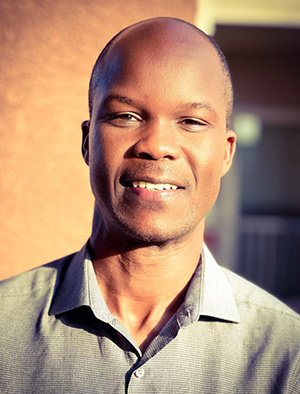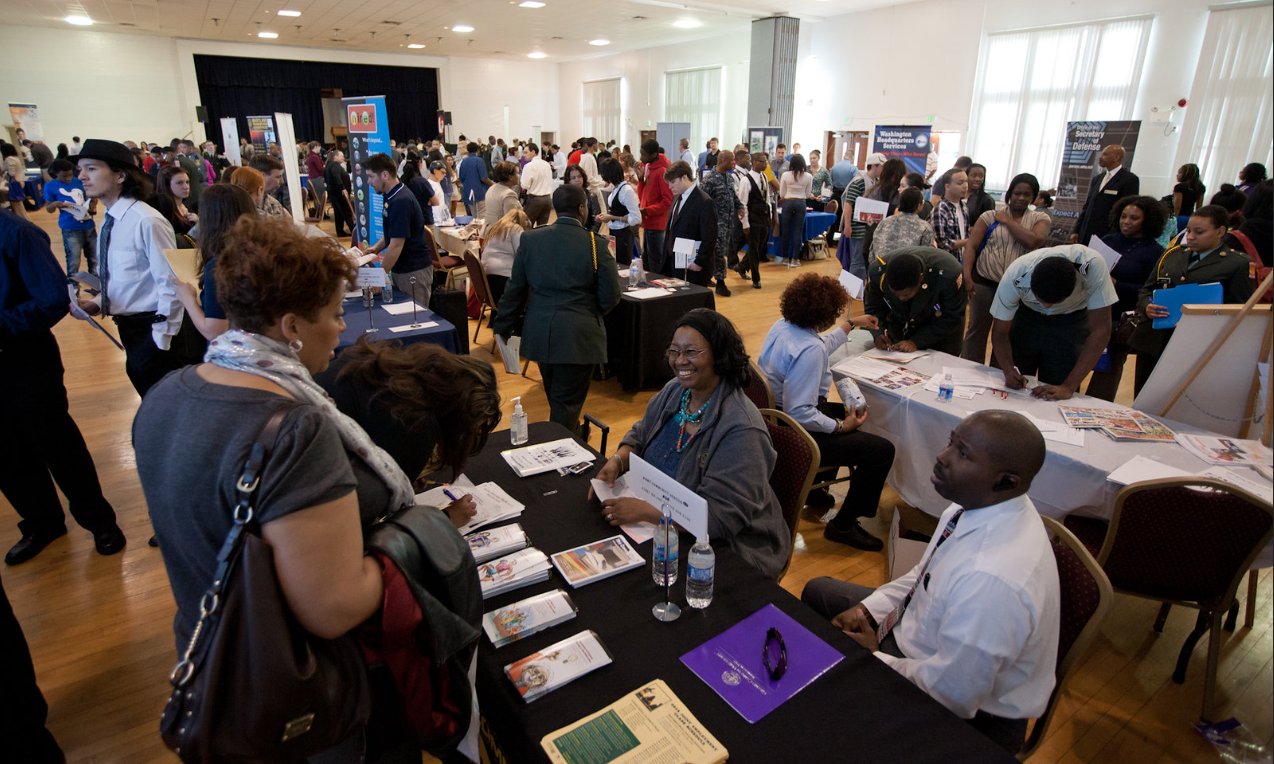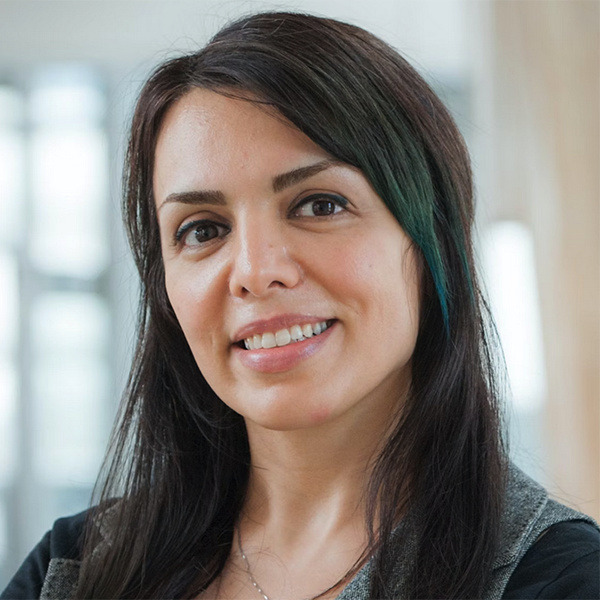Where are the emissions: Unravelling small and large methane sources in the US oil and gas sector
Pierce Hall 29 Oxford Street, Cambridge, MA, United StatesWorldwide concerns over the catastrophic impacts of unmitigated climate change have motivated governments, industry, and interested stakeholders toward the development, adoption, and implementation of strategic actions to quickly reduce the global emissions of climate warming pollutants. This presentation will unpack the past decade of scientific research on US oil and gas methane emissions, exploring the various methane emissions measurement approaches across multiple spatial scales as well as the major themes in the literature regarding the characteristics of facility-level methane emissions, basin-to-basin variability, and the relative importance of small methane sources compared to large methane emitters.


